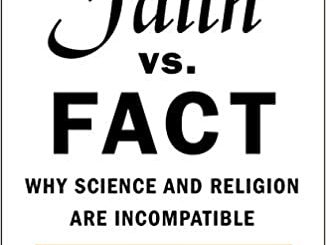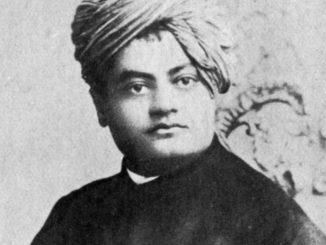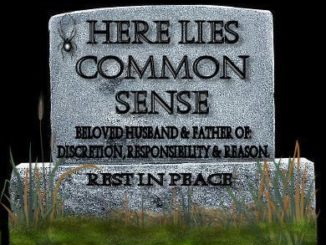
“Religion being the chief band of human society, is a happy thing, when itself is well contained within the true band of unity.”
On first glimpse, the statement incites a utopian ideal in which a single belief governs man, bearing the same intuitions and opinions from the faithful. Yet the essay, within its context is a blatant delusion of what is implausible.
Bacon, who had a strong leaning towards Puritanism, suggests in his essay that heresies and schisms are forms of evils and corrupt the human society with ill manners of derision. Thus, he attempted to revolutionize an idea where men must procure and maintain a single religion.
But man in his nature, has innate righteousness; believing on what he believes is right and wrong. And someone who conforms to his belief creates a union with him leading to the formation of a group, a denomination that a commonality of conviction that runs within is manipulating.
According to Psalms 127:1, “Unless the Lord builds the house, its builder labors in vain. Unless the Lord watches over the city, the watchmen stand guard in vain.” The passage refers the house as religion. I Timothy 3:15 clearly explains that, “if I am delayed, you will know how people ought to conduct themselves in God’s household, which is the church of the living God, the pillar and foundation of the truth.”
It can be argued that Bacon’s essay is deficient of biblical truths and is more inclined to his own interpretation of church uniformity. For example, on the latter part of his argument, Bacon noted: “And if it come so to pass, in that distance of judgment, which is between man and man, shall we not think that God above, that knows the heart, doth not discern that frail men, in some of their contradictions, intend the same thing; and accepteth of both?” He concludes that God do accept oppositions and by parallelism, religious denominations, though different in their respective doctrines which were made by men, are all justifiable.
Such claim is very much contradictory to what the bible says in Jeremiah 14:14 which speak of false prophets or leaders of religions who give false visions, divinations, idolatries and the delusions of their own minds. It is clear that religious leaders have their own vested interests and will never reconcile with each other.
In all his essays, Bacon has portrayed faith as a product of mixed controversies; and that veneration and religion will tolerate no mixture. The unity of the church is by far uncertain as to which doctrine will reign supreme. If Bacon has known of the religion that is built by God, perhaps he would subject to it and accept the biblical fact that where truth abounds, lies also abound.
Proudly WWW.PONIREVO.COM
Source by Gabriel Esporlas



